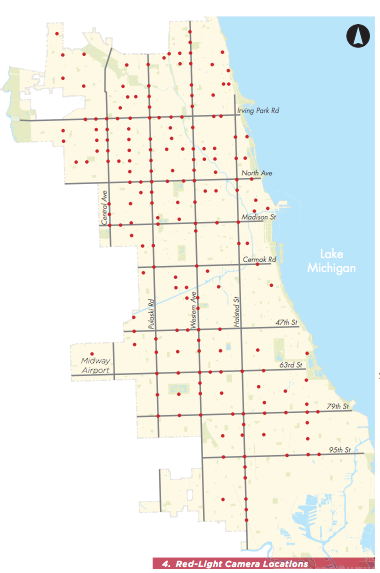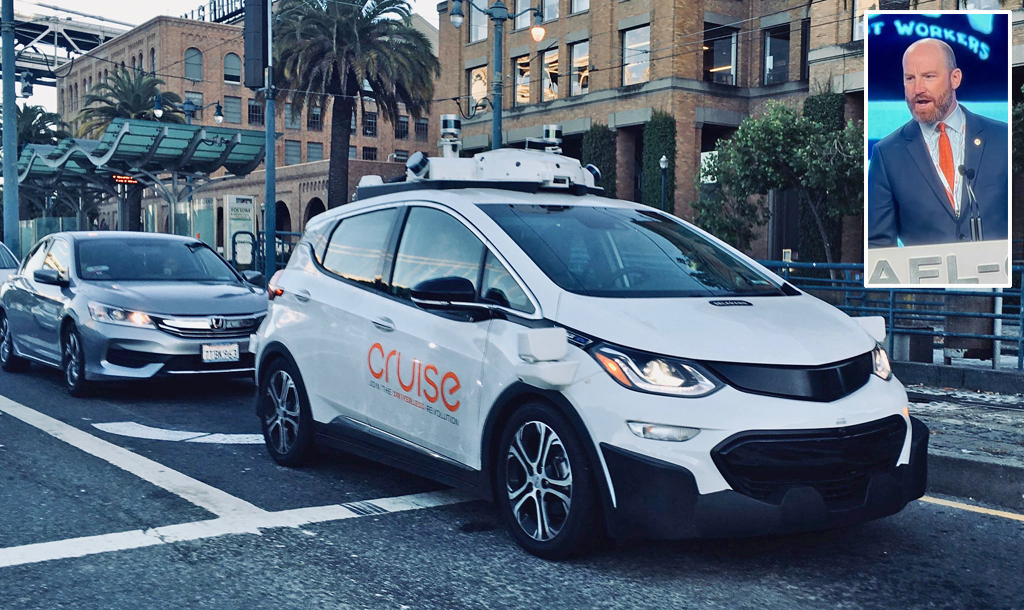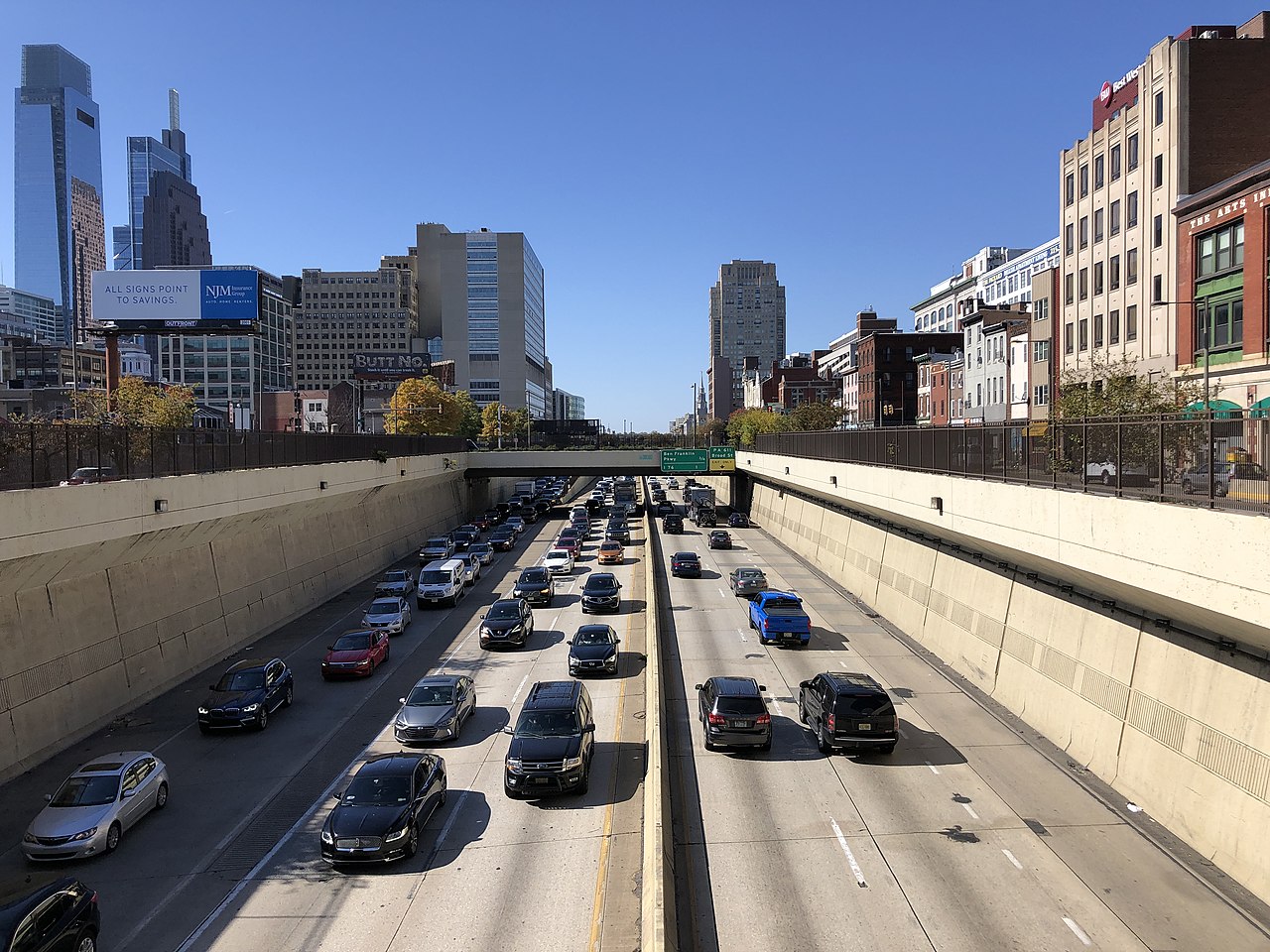Chicago Mayor Rahm Emanuel and his DOT head Gabe Klein have introduced a bold, 100-page plan to make the Windy City's transportation system more safe and sustainable.

Published last week, the "Chicago Forward Action Agenda" [PDF] places a very strong emphasis on safety, in addition to setting admirable cycling ridership targets and goals for transit investment.
Highlights include:
- A target of zero traffic fatalities annually in 10 years. (The city has been averaging about 50 a year.)
- 20 mph zones in all the city's residential areas.
- A five percent bike mode share on trips less than five miles. (Currently 1.3 percent of Chicagoans travel by bike, but in the central city the figure is as high as two percent.)
- An emphasis on street maintenance, or "fix it first."
In his introduction, Emanuel makes it clear that it's a new day at Chicago DOT: "Where we once built expressways that divided our communities, we are now reconnecting neighborhoods with new bus lanes and extensive and expanding bicycle facilities that offer safe, green, and fit ways to travel for all ages."
To achieve the safety targets, the plan makes a commitment to address problem intersections, calling for the city to "analyze all fatal crashes involving pedestrian and cyclists" and improve the city's top 10 traffic collision locations annually. The city's ability to install speed enforcement cameras -- recently granted by the state legislature and City Council -- also figures prominently in achieving the safety targets.
The document reinforces the city's promise to invest in new infrastructure to improve bicycling and transit, including the already-stated goals of building out protected bikeways and high-quality rapid busways. Among other projects, the plan calls for the installation of 500 new bike racks per year and 100 transit-priority traffic signals.
The "Action Agenda" appears to be modeled after New York's sustainable streets strategic plan, laying out a roadmap for Chicago DOT over the "next 24 months." The safety benchmarks are especially ambitious. No other major American city has set a goal of zero traffic deaths, a target first pursued by Scandinavian governments through a set of wide-ranging policies guided by the principle known as "Vision Zero."
This is the city's first ever comprehensive plan for transportation, according to Steven Vance at Grid Chicago. "Much of the plan’s actions are new and impressive, and it puts onto paper tasks and activities that CDOT was already doing (or announced it will do, like build new CTA stations)," Vance wrote last week. "It gives the public more information than it’s ever had about how it can hold CDOT accountable for maintaining streets, improving traffic safety, and managing a transportation system."
In an interview with Vance, Klein said the city was aiming high with its zero traffic fatalities goal, and hoping to come close. "We have to push ourselves," Klein said. "Some things are aspirational."
The city will be reporting regularly on its progress toward the stated goals, said Klein.





